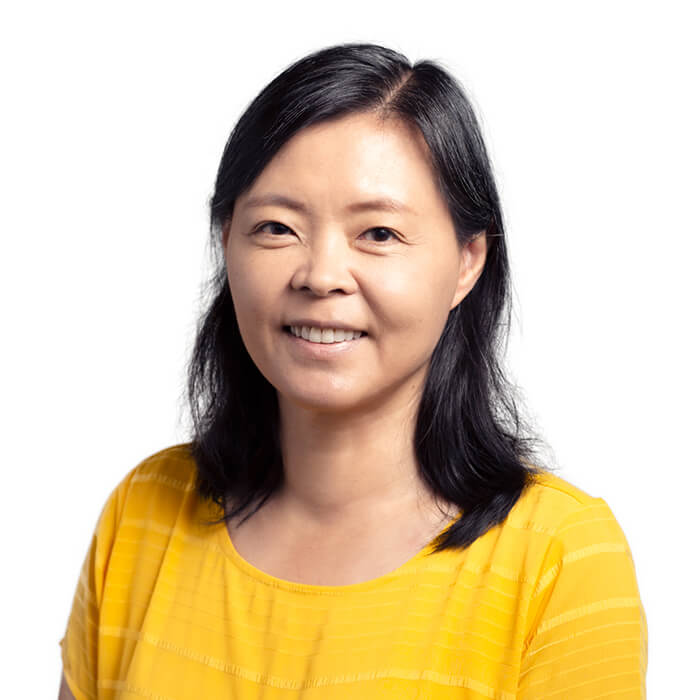Can you help me understand the relationship between the allen institue of AI and the Allen Institute?
The Allen Institute of AI (AI2) and the Allen Institute are two separate organizations that are both funded by the Paul G. Allen Family Foundation. The Allen Institute was founded in 2003 to advance scientific research in a variety of fields, including brain science, genetics, and artificial intelligence. The Allen Institute of AI was founded in 2013 to conduct research on artificial intelligence and its potential benefits and risks.
The two organizations have a close relationship. The Allen Institute of AI is a part of the Allen Institute, and it shares some of the same facilities and staff. However, the two organizations have separate leadership and separate research agendas.
The Allen Institute of AI is focused on developing safe and beneficial artificial intelligence. It is working on a variety of projects, including natural language processing, machine learning, and computer vision. The Allen Institute of AI is also committed to making AI research accessible to the public. It has a number of educational resources, including a website, blog, and YouTube channel.
The Allen Institute is focused on advancing scientific research in a variety of fields. It has made significant contributions to our understanding of the brain, genetics, and other areas of science. The Allen Institute is also committed to making scientific research accessible to the public. It has a number of educational resources, including a website, blog, and YouTube channel.
Both the Allen Institute of AI and the Allen Institute are doing important work that is helping to advance our understanding of science and technology. They are both committed to making their work accessible to the public, and they are both working to ensure that the benefits of science and technology are available to everyone.














No comments:
Post a Comment